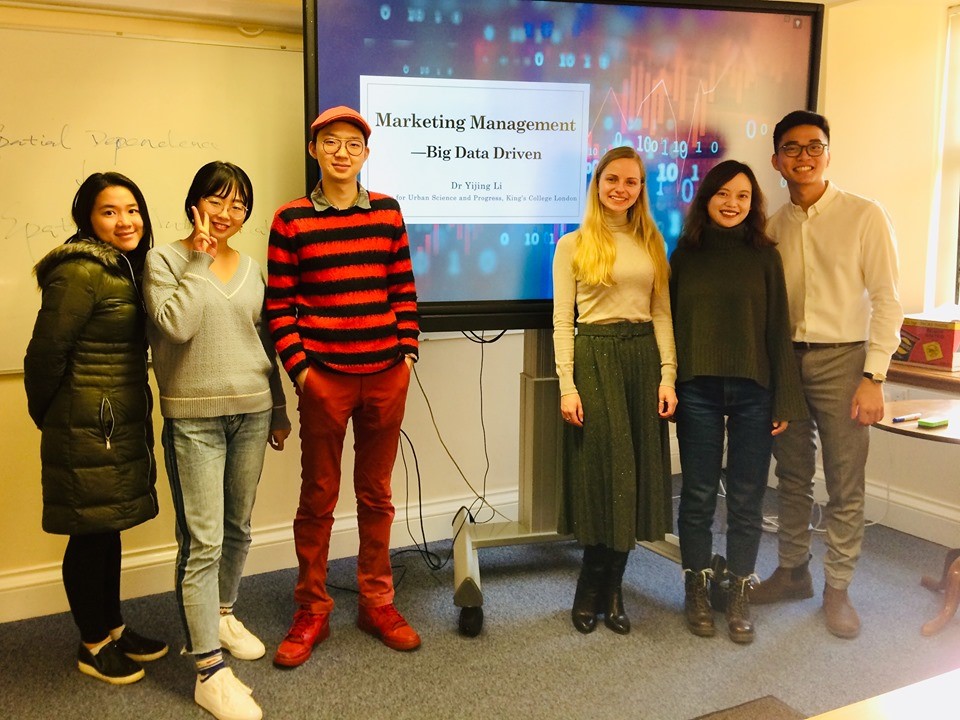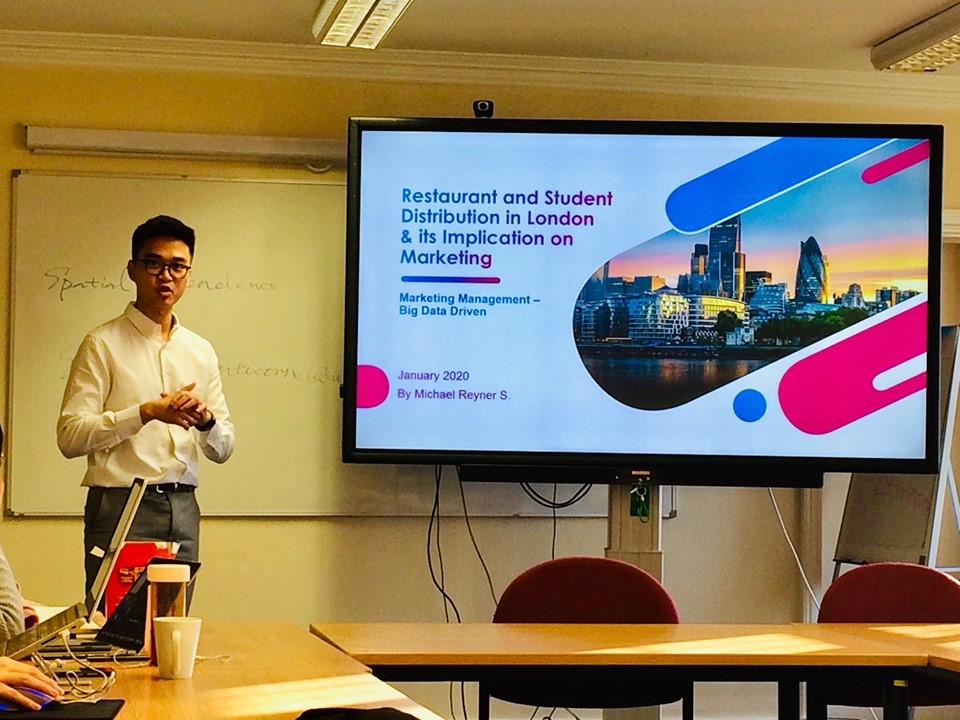16th January 2020
You probably already heard that, in this era, “Data is everything”. So, how can we use it in favour of Marketing? Even if you already have the traditional Marketing knowledge, how do you improve your skills to cope with your professional challenges? How to succeed in this increasingly demanding business scenario?
Heard about spatial analysis software such as QGIS? Familiar with Anaconda? And GeoDa? What about Data cleaning methods (handling missing values, inconsistent data, including typical binning, clustering and regression methods)? And Spatial Economics, to study how space (distance) affects economic behaviour? In a more practical sense, how can geomarketing and spatial analyses work for your benefit?
Whatever your company needs to sell, no matter how powerful your message is, if you don’t know where to target it, if you don’t know exactly where your potential buyers are, you will be wasting time and money.

Our "Marketing Management-Big Data Driven" addresses the ever-progressing reality of modern Marketing. The students are provided with cutting-edge data-processing techniques and knowledge for forming marketing strategy, characteristics and relevant big-data features emerged since 21st century. This will equip the students with disruptive technologies, like machine learning, data mining and spatial-temporal data visualisations for their future careers.
The data search and collection, the cleaning and analysis, the summarisation, the prediction and strategy-making, with the latest real-life data, all of this, will be an easy task for our students and future leaders.
If you consider storytelling a key feature for a good leader, this Module will certainly teach you to sustain and justify your vision.
This "Marketing Management-Big Data Driven" Module explores real-life topics and some of the latest real case studies. It includes intensive programming & Geovisualization techniques, together with relevant lectures on Customers' Profiling and Classification, Products or Businesses' location and site-selection, Marketing environment identifications and optimisation, using open-source data e.g. Airbnbs, Census, House Prices, Retail centres and transportation, etc.

With disruptive ideas and cutting-edge tools & methods, this is how you will meet the real market "demand". This is how you will know where and how to look for, interpreted, and present data. How to tell a story. Whatever your field of knowledge, area, whatever your business is, this is how you will be able to succeed. We will teach you how your life can be a winning game!
Testimonies:
Michael Reyner- Taking a Master Degree in Management
“This module helped me to develop my cognitive skills and how to use programming tools like QGIS, Anaconda and GeoDa. I have learned how to collect, analyse, interpret and present data. Now I know how data can, actually, support my vision”.
Tatiana Kurbanova – Taking a Master Degree in Management
It is a data driven module with real geographical data cases to solve… This collecting and analysing of data, all these practical skills, will really help me I do know how to implement this in my future life.
Jing Yang – Taking a Master Degree in Economics
“All this data sources and being able to establish a co-relation between them, this programming tools, they will be very helpful for a future job”.
Changxu Li – Taking a Master Degree in Financial Media
“This module help me developing my skills in spatial analysis software such as Geoda and QGIS. With Spatial data cleaning methods and python programmer. Spatial econometric: Spatial Autocorrelation, spatial Lag Model, Spatial Error Model. And how to create a relationship between GIS and Marketing. This course is big data driven, which is extremely helpful for Quantities Marketing Research for my next stage and I am considering, for my future Professional life, to pursue a Ph.D in Marketing.
Qiao Yang – Taking a Master Degree in Financial Media
“We now have new tools that allow us to know how to search, analyse and use data. This software will be very important for our future jobs”.

Written by Anabela Santos


